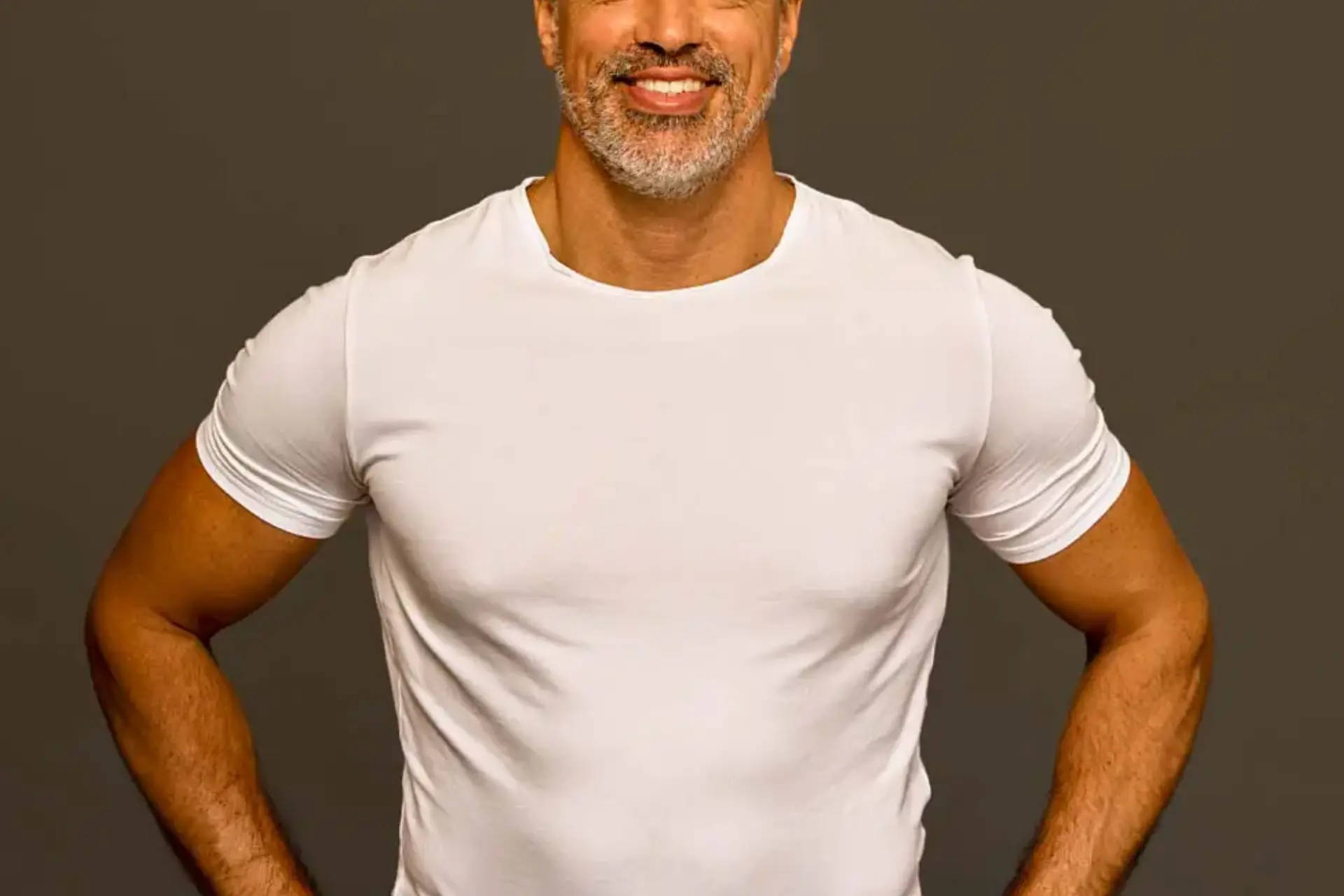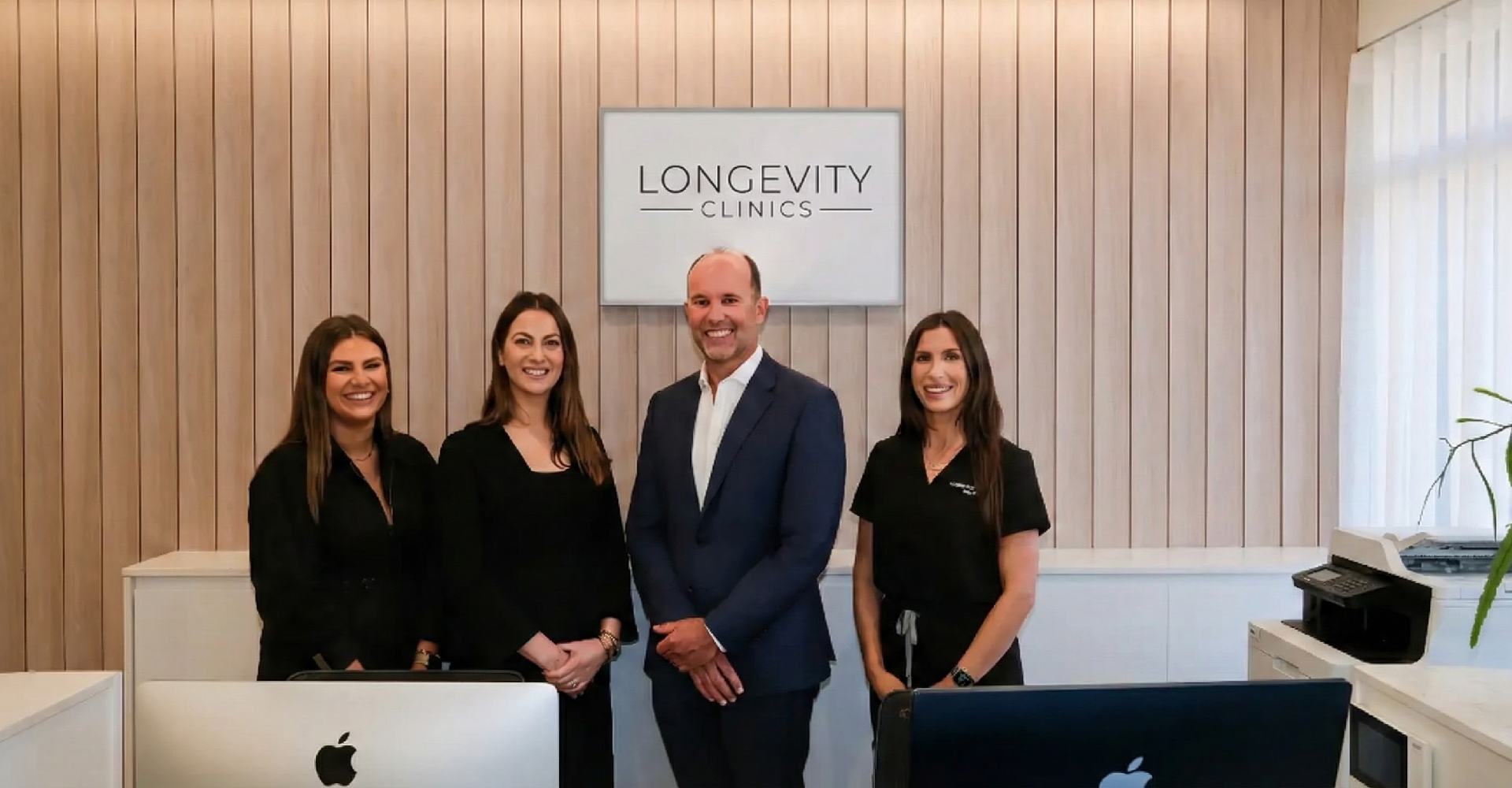Does Zinc Actually Help With Testosterone?

You probably keep hearing about zinc everywhere, in terms of energy, immunity, men’s health, and even mood. People say it helps with testosterone too, though that’s not the whole story. Zinc does have something to do with how testosterone gets made inside the body, but it’s not a straight-line effect. It depends on your diet, how much zinc you already have, and whether your system is running low.
Testosterone is not a male hormone; it is an energy source – the building up of strength and endurance post exercise. At its lowest, there is a heavier burden of life. There is slowed muscle development, loss of motivation and irregular sleep. Zinc aids in the small process to facilitate the production of testosterone, hence the reason why individuals tend to associate the two. But when you already have sufficient zinc, a supplement will not have a great effect on testosterone.
Still, when men lack zinc, the hormone drops too. That’s where a supplement or diet fix can make a difference. At Longevity Clinics, a lot of guys who feel worn out or off-balance turn out to be missing small minerals rather than big hormones.
Zinc is a trace mineral, a little, yet necessary element. The body is unable to make it, thus, you should get it in food or supplements. Zinc helps sharpen the immune system, heal wounds and is essential in the sense of smell and taste. It is also beneficial to thyroid functions. Each second zinc takes part in hundreds of cell reactions.
The symptoms are fast to develop when the levels of zinc are depleted since the element cannot be accumulated within the body. The wound is slower to heal, the appetite reduces, and the hair may thin. Other men are bored or their self-motivation is lost. Examples of foods with constant amounts of zinc are shellfish, red meat, beans and nuts.
This hormone’s kind of like your body’s internal engine. Men have more of it – women have a bit too, but in smaller amounts. It helps form bones, muscles, mood, and sexual energy. It’s what deepens the voice during puberty and adds hair in new places. Later, when levels sink, it’s also what makes everything slow down, such as the recovery, the focus, and the interest.
The majority of men attain their high levels of testosterone during their late teens or in their early twenties. Subsequently, at about age 30 there is a gradual decline. The decline is minimal … just a few percent annually, but it goes pretty much unnoticed, at an imperceptible rate over the long run. This is why such nutrients as zinc get more significant. They do not increase testosterone levels significantly, but rather, they preserve the healthy levels.
Time is one reason. But there’s a mix of other reasons as well. Medicines, stress, alcohol, not enough sleep, too little protein, or certain health issues, can all pull testosterone levels down. Even constant worry can throw it off, since stress hormones push the others out of balance.
At times it is the brain signal and not the glands that slows. Your body continues to get a signal, but the signal becomes weak. That is why the correct mineral balance is important.
This is a possibility. When zinc is low, testosterone almost always dips too. Fixing that shortage can bring levels back up. Studies show mixed results. Not all men who took zinc increased their testosterone after several months, however some did.
This is attributed to the fact that the body only makes use of what is necessary. If your zinc intake is already good, adding more won’t make you stronger or leaner. It is just unused and leaves the body. But for men who eat little meat or follow strict diets, zinc often helps because they were short to begin with.
Zinc plays a supporting role to the enzymes that synthesise testosterone. Lack of sufficient amounts of zinc causes a slow down in testosterone production in silence. So zinc may be useful, particularly when you are deficient, but it is not an all-round booster.
A steady zinc level helps keep the male system working right. When there’s enough, the body keeps testosterone balanced on its own. When there isn’t, energy and drive tend to fall. Some early research shows that men who bring zinc back into normal range often see steadier moods and better workouts.
But here’s the catch: too much zinc pushes levels the other way. It messes with copper, iron, and can cause stomach pain or headaches. It’s all about staying in the middle. Around 11 mg of zinc daily from food works fine for most men. The absolute top safe limit is roughly 40 mg in total. More than that, when taken over weeks, can start causing problems.
In case you are in doubt, you can just do a simple blood test and then take the tablets. This makes you aware of what your body requires instead of making a guess.
Zinc overload isn’t dramatic at first, but it sneaks up. You might get queasy, feel a metallic taste, or suffer cramps after meals. Some men think they caught a stomach bug when it’s just too many supplements. Over time, high doses lower your ‘good’ cholesterol and disturb other minerals.
Balance is key. Think of zinc as seasoning – a pinch helps, a handful spoils everything.
Not all forms act the same. Some absorb easily, whereas others sit heavier on the stomach. Here are the common ones:
Which one works best depends on your body. A doctor might switch types if one upsets your stomach. At Longevity Clinics, supplements are chosen for you only after checking bloodwork first.
There are quite a number of individuals who are hoping to find one solution to everything. Zinc would work but alone, it cannot address deep hormonal issues. Rest, diet, and stress also have an equal effect on testosterone levels. Sometimes, there is no better change caused than by sleep and weight training.
If tests show zinc deficiency, restoring it helps. If not, other steps – from exercise plans to testosterone therapy – might matter more. The clinic usually takes a combined path: rebuild minerals first, then, if needed, bring medical therapy into the plan.
The symptoms of a zinc deficiency are not necessarily apparent. There are those men who are always low-energy and there are those who realise that they have skin conditions or a slow healing process. Low zinc level may also be indicated by a decrease in sexual desire or thinning hair. The diet and digestion also matters a lot: too much perspiration, low levels of protein, or stomach complications may cause zinc loss faster.
Testing is quick. Once you know your levels, correcting them isn’t hard. Many notice more energy and better focus within weeks.
Zinc and sperm have a faint connection. The deficiency of zinc may lead to the reduction of sperm count or the slowness of sperm. Zinc replacement aids the reproductive system to resume its usual pace. In males who want to have a family, it is worth checking zinc levels at an early age.
Zinc won’t magically flood your system with testosterone, but without enough of it, your hormone balance struggles. It’s a quiet supporter, not a headline act. When levels are right, everything, from energy to mood to recovery, runs smoother. When they’re off, the whole machine feels slower.
You don’t need large doses. You just need the right amount, steady, day after day. The body works best that way, when it is balanced, not overloaded.
At Longevity Clinics, that’s the aim. It is best not to chase the numbers and trends, but to make your system get back to its natural rhythm. Through good testing, making your own plan and making small yet regular adjustments, your body will do the rest, just the way it is meant to.

We’ve developed a comprehensive six-step process that acts as your personal health roadmap, to follow towards your health goals.





